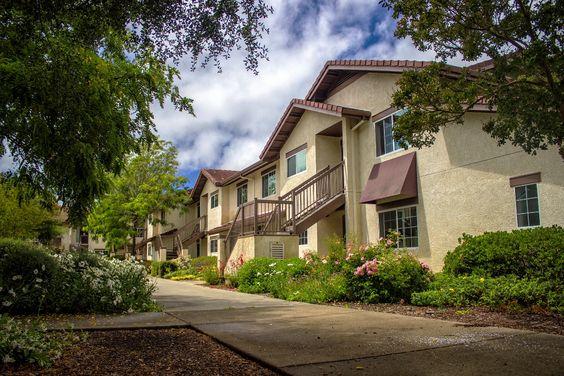The start of freshman year marks a game-changing time for any college student.
After four years of high school’s close-to-home familiarity, it can be very intimidating to form new friendships and pursue professional ambitions—all while adjusting to life away from home.
The freshmen learning communities offered at Sonoma State University may bring a distinct new sense of home to first-year students.
Some of the communities available include Academic and Career Exploration, or ACE,—which arranges housing in the Zinfandel region based on the residents’ majors.
First-Gen, another Sonoma State community, brings together students who are the first in their families to attend college, according to Residential Life Director Cyndie Morozumi.
One learning community stands out as a year-long academic experience that teaches students about identity and global issues both on and off-campus. It’s called Freshman Year Experience, or FYE, and it brings students and their instructors together in a smaller environment than the average lecture hall.
“We created FYE from the get-go as heavily integrated between academic affairs and residential life,” Morozumi said. “You bring faculty into teaching freshmen, they have major ‘a-ha’ moments about what an 18-year-old is like and what they need in order to thrive in college.”
The concept for FYE was plannedin the early 2000s, according to FYE coordinator, Scott Miller, who was on the Academic Senate between 2004 and 2006 when the learning community was approved.
When he began teaching in the program in 2010, Miller said he worked with eight other faculty members to design a syllabus for the program.
“The coolest thing about FYE is the collaboration with the faculty,” Miller said. “There’s nothing else quite like FYE on this campus, where a group of faculty work very hard together to craft a common curriculum and … learn as they go with other teachers how to do this curriculum and to bring their own strengths into the mix.”
All FYE students must enroll in UNIV 150, a five-unit class that takes an academic year to complete.
Each week the class consists of two seminars and one lecture from a faculty or guest speaker.
The FYE faculty members meet over summer to decide how the lectures will fit into two thematic halves, according to former FYE professor Emiliano Ayala.
Ayala, an educational leadership and special education professor who taught in FYE during the 2014 – 2015 school year, said that the first semester deals with critical thinking on an individual level, while the second extends it to a global perspective.
“We then started to build in…the readings that we wanted to make sure that were standard across the different sections, and then people could add additional readings if they felt it was important and warranted,” Ayala said.
The UNIV 150 curriculum is a joint effort between professors from different departments, who are also expected to plan and participate in co-curricular field trips with the students, according to Ayala.
He said events his students and colleagues attended, such as an Oakland play about the Black Panthers, were chosen to give the students a wider cultural awareness.
Morozumi said the FYE also took a trip to Angel Island one year to learn about historic immigration in the area.
“All of a sudden you’ve got social activities and fun activities where it continues the conversation,” Morozumi said. “That’s the whole point of living in learning programs.”
In addition to attending and learning from field trips with their instructors, FYE students may bring up more personal concerns to advisers in their age range.
Peer mentors, students who are screened for approval learning community program coordinators and often formerly studied in FYE themselves, will advise younger students.
They will offer guidance on anything from navigating classes to serious issues like drugs and sexual assault, according to Ayala.
FYE also allows students to become closer to their peers and professors than they would in other settings, Ayala said.
“The depth of relationships, the strength of the relationships between myself and them, between them and their peer mentor…those connections were 100 percent established in FYE,” Ayala said.
Brandee Perez, now a third-year Sonoma State student, was part of FYE under Ayala’s leadership. She said the program was beneficial to both students and teachers.
“Emiliano was a great professor that showed us that not only are we learning from him, he is also learning from us, which as students is very comforting to hear,” Perez said.
Miller recommends incoming freshmen get involved with a learning community like FYE, so they can recognize a personal connection with their college.
“We try to introduce students… to a sense that the whole university, the whole academy is deeply devoted to questions that matter to them … on a very personal level,” Miller said.
Perez said her involvement with FYE was very helpful for her development as a college student.
“Without FYE I probably would still be trying to figure out college,” Perez said.



































